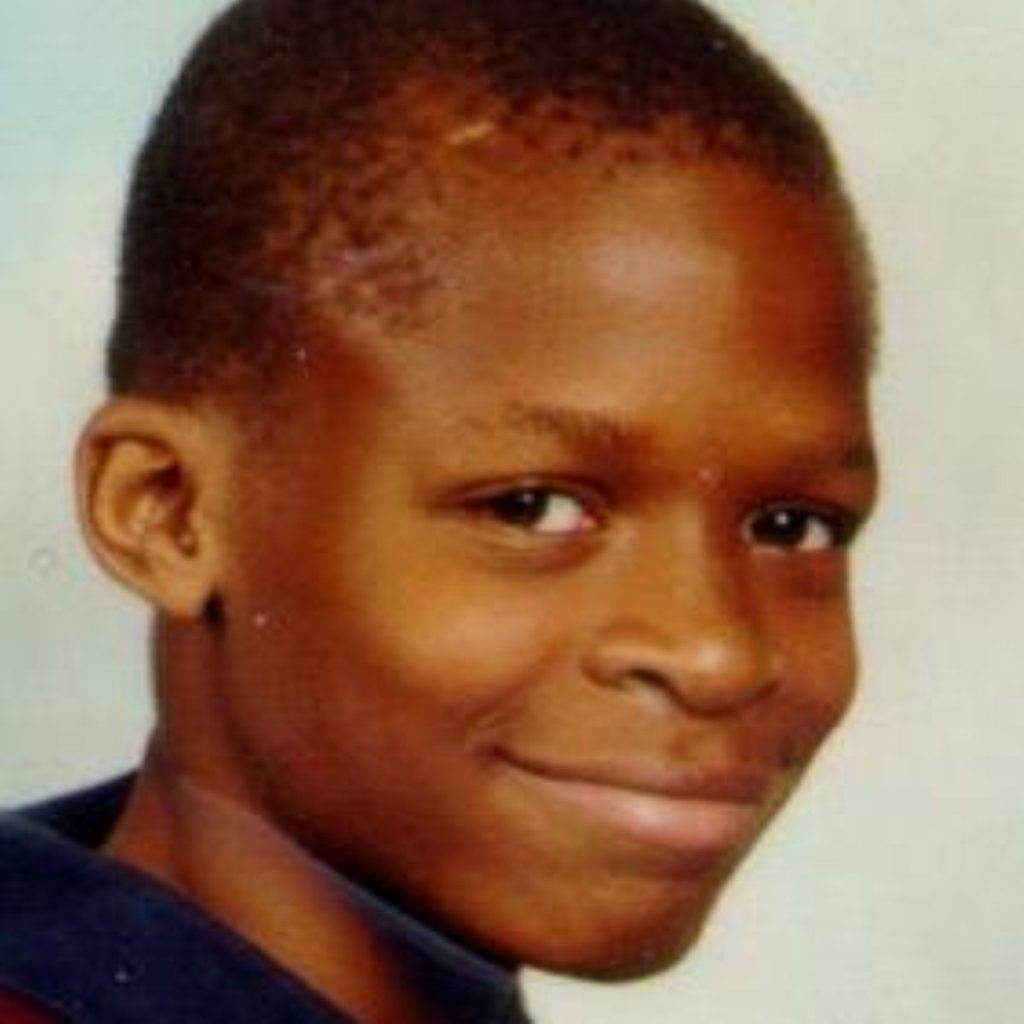Damilola inquiry mistakes due to ‘human error’
Mistakes made in the Damilola Taylor murder inquiry were “human errors” and did not point to “systemic failures” by the Forensic Science Service (FSS), a report has concluded.
Damilola’s parents were said to be deeply disappointed by the findings, and a statement read on their behalf said the report and its recommendations fell far short of their expectations. It called for a complete overhaul of the quality of forensic evidence used in court.
Home Office minister Joan Ryan said she would consider the report’s recommendations. She reiterated her “sincere apologies” to Damilola’s family for the further distress the publication of the report had caused them.
Damilola Taylor was killed in 2000, at the age of ten, in Peckham, south London.


In 2004, four teenage boys stood trial for his murder. But all were either found not guilty or charges against them were dropped.
But in 2003 a private company called Forensic Alliance reviewed the blood and fluid samples used as evidence in the case. This eventually led to Hassan Jihad and the Preddie brothers going on trial for the murder in 2006.
While Hassan Jihad was cleared, the Preddie brothers were eventually found guilty of manslaughter at a third trial later in the same year. They are currently serving an eight year term.
The report claims that a drop of Damilola’s blood on Danny Preddie’s trainer and another on Rickie Preddie’s sweatshirt were not properly identified by the FSS.
But it concluded that the mistakes did not reflect “a systemic failure in the operations of the FSS”.
“There were however human failures in implementing the operating procedures of the FSS which brought about the failure to recover crucial evidence.”
It claimed that three FSS scientists made the mistakes, but would not identify them.
It recommended that an FSS regulator be established and that the option of a second forensic examination of articles should be used as an option during investigations.









